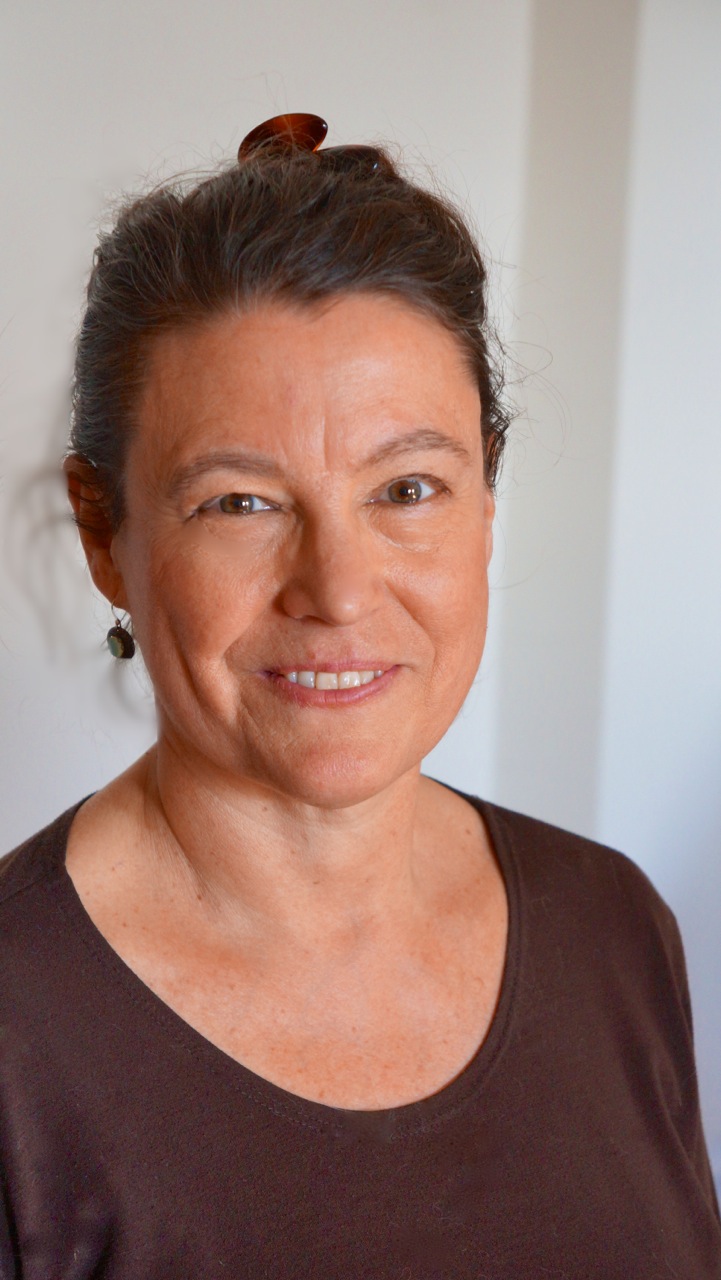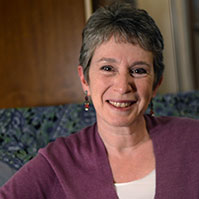
Karen Roser
Karen Roser, Psy.D, is a graduate of TRISP, as well as a faculty member, and supervisor. She is in private practice in New York City, where she see children, adults and couples. In addition, she is a co-author of Intersubjective Self Psychology: A Primer.

Gordon Powell
Gordon Powell is a licensed clinical social worker and psychoanalyst in private practice in New York City. In addition to being a faculty member at TRISP, he is on the faculty at ICP, The Institute for Contemporary Psychotherapy, and PPSC, The Psychoanalytic Psychotherapy Study Center, both in Manhattan. He is the author of “Intersubjective Self Psychology and Sexuality: What Matters,” in Intersubjective Self Psychology: A Primer.

Aviva Rohde
Aviva Rohde, PhD, LP, is a graduate of TRISP where she is a senior faculty member. She is in private practice in New York City where she sees adults, adolescents, and couples. She is a supervisor at TRISP and NIP. In addition she is a co-author of Intersubjective Self Psychology: A Primer.

 Find Us on Facebook
Find Us on Facebook